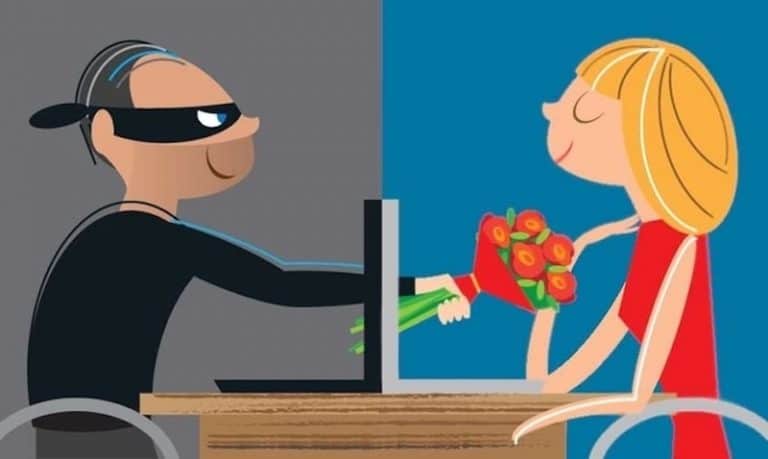
Much like a camouflaged rattlesnake ready to strike the next passerby on a desert path, there is an omnipresent danger in today’s society ready to attack and sometimes kill unsuspecting prey. Sadly, most of us are not even aware of the threat until there is a casualty. This deadly threat is the dark world of internet dating apps. While swiping left or right, or sending someone a platinum pickup line is a popular way for singles to find love and meet new people, the unfortunate reality is that it can also lead to tragedy. The state of Utah has seen tragedies from online dating that resulted in sexual assault, rape, and the loss of a young life.
A few high profile cases in the past couple of years have led to an outcry of what can be done to protect those participants from becoming victims. Predators such as Samuel Butler, who has been accused of sexual assault charges eight times across Utah after meeting women online. Each time he used these dating apps to lure women. He is currently being held on charges of sexually assaulting a six-year-old after meeting his mother on Facebook. There are stories of individuals using Mutual, a dating app for members of the Church of Jesus Christ of Latter-day Saints, to meet up with other singles and they end up being assaulted or raped. After chatting with a man on Tinder, Ashlyn Black met him in a bar and later went to his Ogden home where she was stabbed to death in the early morning hours.
While it is never the victim’s fault in these situations, awareness and precautions can be introduced to reduce the danger of online dating. Knowing the possibilities will help young adults and those using dating websites to improve their safety. Title IX of the Education Amendments Act of 1972 says that “No person in the United States shall, on the basis of sex, be excluded from participation in, be denied the benefits of, or be subjected to discrimination under any education program or activity receiving Federal financial assistance.” In recent years, campuses across Utah have implemented programs and use grants to educate their students on sexual assault and provide more resources and officers to help combat the high numbers of sexual assault on college campuses. For example, Utah State University has already trained over 100,000 students in their violence prevention program and the University of Utah requires incoming students to complete an online sexual assault prevention course.
Unfortunately, studies have shown that a single standard one-hour program does not generally have a lasting impact on the attitudes and behaviors of participants. This is why Utah legislation needs to address the problem earlier and with a wider population than students attending college on a campus receiving federal funding. To do so, Utah state high schools need to implement required sexual assault prevention programs specific to freshman, sophomores, juniors, and seniors every year. These programs would include information on how and where to report sexual assault, what qualifies as sexual assault, how to create and respect physical boundaries, how victims of sexual assault can find resources for help and recovery, and safe dating practices both online and in person. Safety tips such as avoiding dates in isolated spaces, encouraging a meeting place in public, meeting briefly on video chat beforehand, and informing a friend that you are meeting up with someone and sharing their information can reduce possible negative outcomes.
Those who want to make a difference need to write to state and local government representatives, as well as their local school districts, about the state’s need to implement these programs. Owners of businesses should come together to create scholarships for students who are going above and beyond to prevent sexual assault in their school and the local community. Readers should find training programs online that they can participate in to educate themselves. Sexual assault of adults and children in Utah is detrimental to the victims who are suffering. As a community, we need to write in and demand changes to be put in place.
Additional information from Garett Groesbeck, and Jamie Duke.





